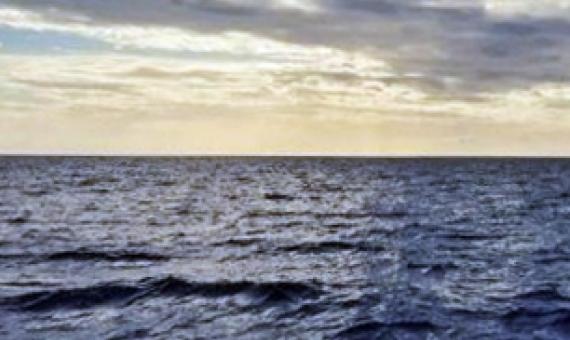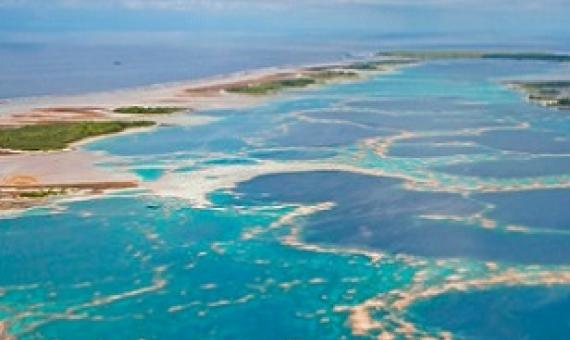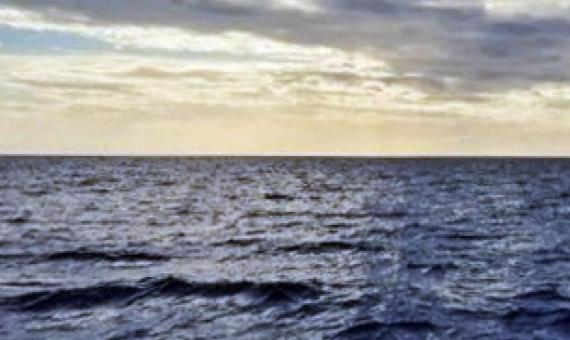How do we go from protecting eight percent of marine areas to 30 percent in less than 10 years?
The sea has already swallowed the village graveyard in Togoru, Fiji, and long-time resident Lavenia McGoon is dreading the day it claims her house. She piles old rubber car tyres under the coconut trees that line the beachfront, hoping this makeshift seawall will at least buy some time.
As remote as they were beautiful, the coral reefs around the 5 volcano tips making up the Southern Line Islands dazzled National Geographic explorers in 2009 during a visit. Remarking that they re-painted the image of what a pristine coral reef looks like—bursting with color and life—the tea
UNESCO on Wednesday heaped praise on establishing a global biodiversity snapshot of marine species across 25 of the world´s most unique marine protected areas.
Scientists often study the grim impacts of losing wildlife to hunting, habitat destruction and climate change.
The Policy Implications of the Dasgupta Review: Land Use Change and Biodiversity
The “Dasgupta Review” of the economics of biodiversity (Dasgupta 2021) identifies many factors that threaten the ecological sustainability of our economies. This article examines how two policy failures - the underpricing and underfunding of nature – influence global land use change and terrestrial biodiversity loss. If natural areas are priced too cheaply, then converting them to agriculture, forestry and other land uses is less costly than protecting or preserving habitats. Underfunding nature further reduces the incentives for conservation and restoration.
In Vanua Levu, the second largest island of Fiji, every contour drips with green. The landscape is impossibly lush and verdant.
Becoming Generation Restoration - Ecosystem Restoration for People, Nature and Climate
The world is facing severe challenges. Billions of people around the world are suffering the consequences of the climate emergency, food and water insecurity and the COVID-19 pandemic. Ecosystems are an indispensable ally as we meet these challenges. Protecting them and managing their resources in a sustainable manner is essential. But just increasing the protection and sustainable management of our remaining natural landscapes and oceans will not be enough, the planet's degraded ecosystems and the huge benefits that they provide must also be restored.
Climate Benefits from Establishing Marine Protected Areas Targeted at Blue Carbon solutions
Marine protected areas (MPAs) are recognized as highly effective tools for marine conservation. They may also play an important role in mitigating climate change. A variety of climate change solutions are rooted in the ocean, centered primarily around blue carbon, and the capacity of marine life to sequester carbon dioxide. Call Number: [EL]Physical Description: 9 p.
Risk‐sensitive Planning for Conserving Coral Reefs under Rapid Climate Change
Coral reef ecosystems are seriously threatened by changing conditions in the ocean. Although many factors are implicated, climate change has emerged as a dominant and rapidly growing threat.Call Number: [EL]Physical Description: 10 p.












